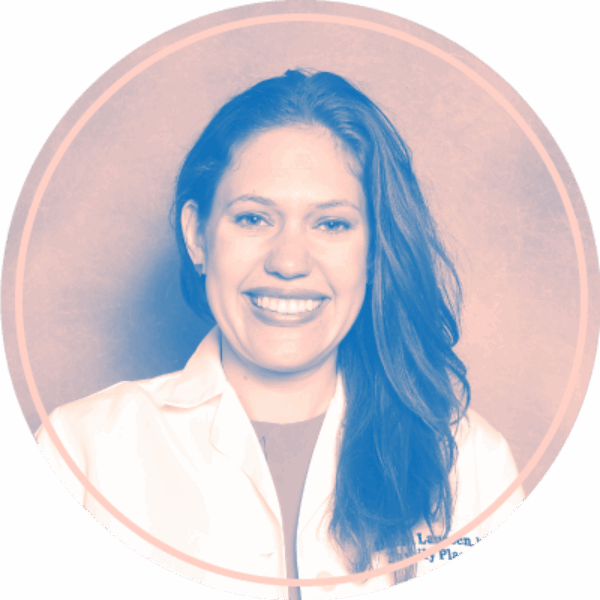Meet Our Advocates: Dr. Laura Laursen

Where are you from?
Chicago, born and raised.
What’s your specialty or area of expertise?
I am a certified ob/gyn and a family planning specialist.
What first inspired you to become a doctor?
I went to Georgetown and studied global health. I was focused on learning policy and ensuring that health care was a human right for all. The Georgetown ethos of “people for others” was very important to me, but I was also very bothered by the lack of sexual and reproductive health available right there on my own campus. I wanted to change this and felt like becoming a doctor would be the best way to make the most impact. I chose to go to medical school to improve the lives of women, no matter where they lived or where they came from.
What story about one of your patients most sticks with you?
I had patient a few months back who came to the clinic for a first trimester abortion. Abortion is a quick procedure, and the comfort of the experience is different for each patient. The procedure can be be safely done under local anesthetic or with sedation. Since many women are paying out of pocket for the procedure, they make choices based on their ability to pay. She declined sedation because of the cost and because she had to be able to drive and pick her son up from school. During the procedure, she asked me if there was a way to “pay for more lidocaine.” Unfortunately, I had already given her the safe dose, and there was no more I could give. I explained to her that I give the same dose to everyone, but I was so saddened that this women felt she needed to negotiate her pain medications. There is no other medical procedure where women have to chose their medical care based on their insurance or income.
What current policy issue especially motivates you to be an advocate?
The Hyde Amendment. Access to care should not be based on how much money you make or who you work for. All health care, including access to safe abortion, should be available to all. Currently, we have a tiered system, where abortion is generally legal, but women don’t have the services actually available. Women should never have to chose rent, food, or health care. In Illinois, we just started covering abortion for patients on Medicaid, and I can already see the benefits for my patients.
Who is your social justice hero?
Paul Farmer. I remember reading Mountains Beyond Mountains in college and becoming transfixed. It sparked my interest in global health and my desire to work for health care for all. His focus on understanding the community in order to improve health is something I strive for in my work everyday.

